☆ PuniPuni Youtube ☆
Japanese Sentence Ending Particles yo (よ) and ne (ね) – Review Notes
Today we learned about the Japanese sentence ending particles, yo (よ) and ne (ね). We learned that sentence ending particles are used to indicate the speaker’s assumption, intention, or other subtle nuances.
In these review notes, we will go over the uses of these two particles and see a lot of examples.
………………………………………………………………………………..
Japanese Particles yo (よ) and ne (ね)
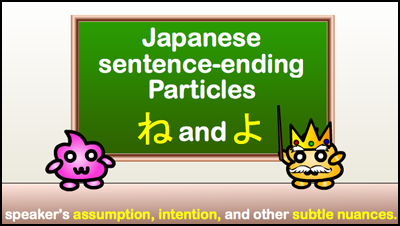
★ Today we learned about two common Japanese sentence ending particles, ne (ね) and yo (よ).
★ These particles do not directly translate into English. Rather, they indicate subtle nuances such as the speaker’s assumption and intention.
★ The best way to learn these nuances is to look at a lot of examples and see how they are used.
………………………………………………………………………………..
Japanese Sentence Ending Particle ne (ね)

★ When the Japanese particle ne (ね) comes at the end of a sentence, it indicates that the speaker thinks the listener shares the same information, opinions, or feelings.
★ Ne (ね) is used when the speaker is seeking the listener’s agreement, confirming a fact, or to create a sense of togetherness.
★ Ne (ね) can be translated into English as “right?” or “isn’t it?”
………………………………………………………………………………..
Example: Using ne (ね) to confirm a fact

★ In this example, the speaker is confirming that there is a test tomorrow.
明日、テストがありますね。
Ashita, tesuto ga arimasu ne.
We have a test tomorrow, right?
…………………………………………………………………………………
Example: Using ne (ね) to seek agreement
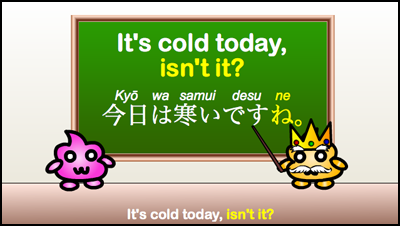
★ In this example, the speaker is seeking the listener’s agreement that it is cold today.
今日は寒いですね。
kyō wa samui desu ne.
It’s cold today, isn’t it?
★ A good response to this kind of comment would be:
そうですね。
Sō desu ne.
It is, isn’t it?
★ This expression is very useful, as it is an easy way to agree with something someone has said.
…………………………………………………………………………………
Example:
今日はいい天気ですね。
Kyō wa ii tenki desu ne.
Nice weather today, isn’t it?
…………………………………………………………………………………
Example:
美味しいですね。
Oishii desu ne.
It’s delicious, isn’t it?
…………………………………………………………………………………
Japanese Sentence Ending Particle yo (よ)
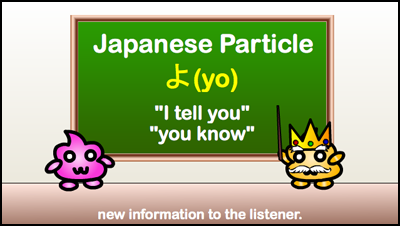
★ This particle is not easily translated, but the nuance is similar to saying “I tell you” or “you know.”
★ Yo (よ) indicates the speaker’s assumption that the listener doesn’t share the speaker’s opinion or information.
★ Yo (よ) is used when the speaker wishes to emphasize new information.
…………………………………………………………………………………
Example 1:
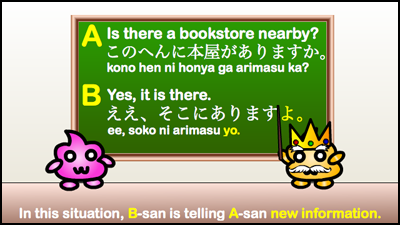
Person A:
このへんに本屋がありますか。
Kono hen ni honya ga arimasu ka?
Is there a bookstore nearby?
Person B:
ええ、そこにありますよ。
Ee, soko ni arimasu yo.
Yes, it is there.
★ In this situation, person B is telling person A new information, using the particle yo (よ) to emphasize this.
…………………………………………………………………………………
Example 2:
あの映画はすごく面白かったよ。
Ano eiga wa sugoku omoshirokatta yo.
That movie was really interesting.
…………………………………………………………………………………
Example 2:
僕はお酒が飲めないよ。
Boku wa osake ga nomenai yo.
I can’t drink alcohol, you know.
…………………………………………………………………………………
Using yo (よ) to emphasize a command
★ You can also use yo (よ) when emphasizing a command. Be aware that this will make the command stronger, and therefore more aggressive.
怒らないでよ!
Okoranaide yo!
Don’t get so angry!
★ In comparison, if you use ne (ね) instead of yo (よ) in this same example, it sounds much softer and changes the nuance of the sentence completely.
怒らないでね。
Okoranaide ne.
Don’t get angry, okay?
…………………………………………………………………………………
Using ne (ね) and yo (よ) together
★ It is very common to hear both ne (ね) and yo (よ) used together in a sentence.
あなたはこっちの道ですよね。
Anata wa kocchi no michi desu yo ne.
You go this way, right?
★ In this example, the speaker thinks that the listener goes this way, and is asking for confirmation.
………………………………………………………………………………..
Conclusion:
Today we learned how to use the Japanese sentence ending particles yo (よ) and ne (ね). Don’t worry if you’re still unsure about when to use these.
If you expose yourself to Japanese a lot through anime, dramas, etc. you will definitely hear these particles. Pay attention to how they are used and it will gradually start to make more sense.
I hope you enjoyed today’s lesson! If you have any questions, leave a comment below (◕ω◕)♪
………………………………………………………………………………..
Get Japanese dictionary!
Do you want to know a lot of Japanese words? I recommend you to get a dictionary!
If you have dictionary, you can always look up new Japanese words\(◕ω◕)/♥
………………………………………………………………………………..
Do you want a Japanese tutor?
Take Japanese Skype Lessons with Professional Japanese Teachers on kakehashijapan.com!
………………………………………………………………………………..
………………………………………………………………………………..










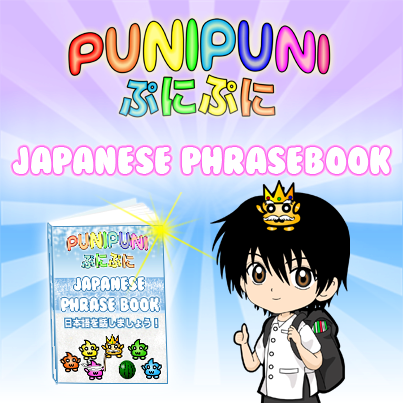

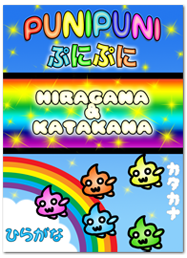
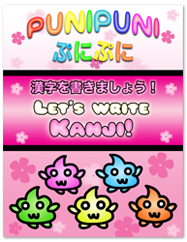
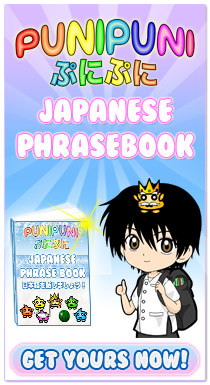

0 comments